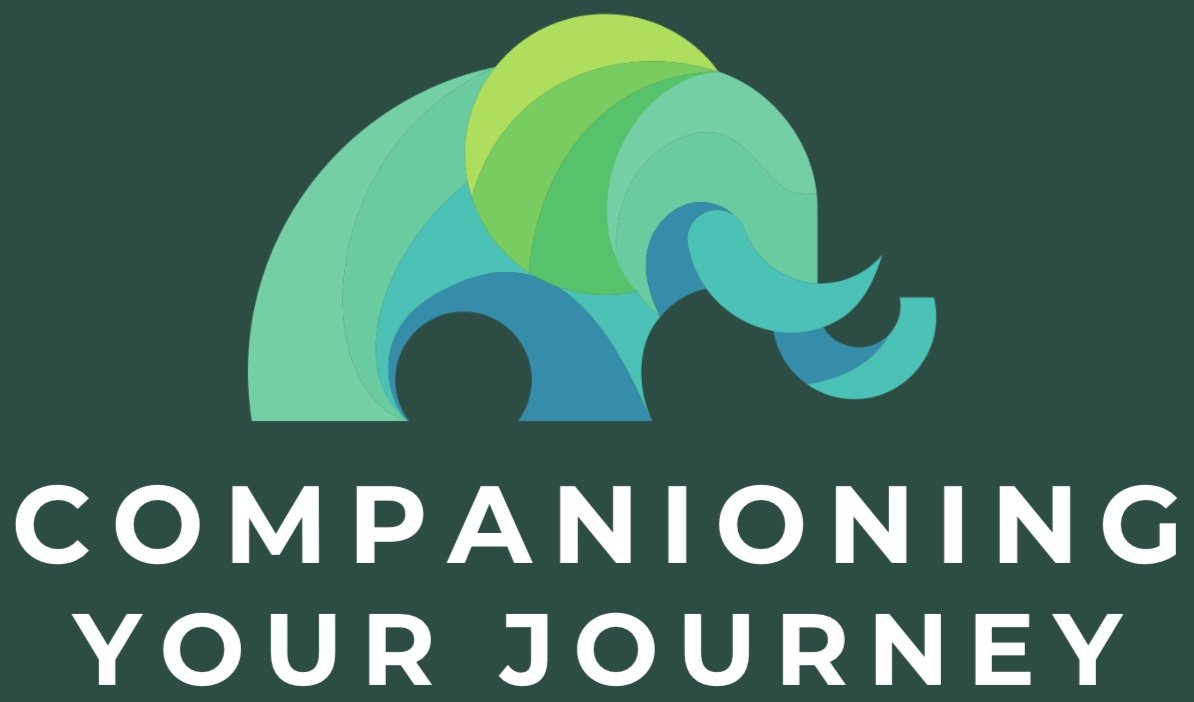Book of the Month: Chasing the Scream - Johann Hari
For Companioning Your Journey’s eighth Book of the Month, Johann Hari’s, “Chasing the Scream”.
About the Author and Publication
Making a Book of the Month return, Johann Hari authors one of their most compelling projects, “Chasing the Scream”, written in 2015. Johann Hari is a journalist, author, and speaker. Johann dives into research, interviews, and travels the world to explore what is the root cause of substance use and what we can do about it. His work is not only profound, but has resonated deeply with people and led to him being quoted around the globe in discussions on substance use.
Key Take Aways
Overall Premise
One of the most powerful quotes by Johann in this book is, “The opposite of addiction is not sobriety. The opposite of addiction is connection.” This line sums up the moral of this book. Instead of ostracizing individuals experiencing substance abuse, let’s build community.
Misconceptions About Addiction
We have all been told a similar story when it comes to addiction, that there are some substances which are so addictive that if you try them once you will be hooked for life, but is this true? To be fair, there are some substances that have chemical hooks, with nicotine being the most addictive. This however, is not the motivator behind addiction, if it was true that substances like opiates are “Try them once and you will be hooked for life” then why are the majority of patients who are exposed to opiates not addicted? Johann speaks to some of the factors that make an individual susceptible to addiction such as childhood trauma, loss of loved ones, and not having meaningful connections. A chemical alone does not determine addiction, but if an individual does not have fulfillment in their life, they will seek it out, even to self-destructive ends.
Rat Park
To broaden this idea that the chemical alone does not dictate addiction and that a fulfilled life is an important factor, Johann explores the research of Rat Park. In previous studies to prove the addictive properties of drugs, researchers put rats into cages where they had two bottles of water, one with plain drinking water and one where the water was laced with heroin. The rats were found to prefer the water with heroin and would eventually overdose on it. A researcher and psychologist, Bruce Alexander, found a problem with the studies and decided to take on an experiment of their own. In the original studies, the rats had nothing to do other than to use the heroin, so in this new study, Dr. Alexander decided to conduct the same experiment, but instead create a rat utopia. In Rat Park, there was amble enrichment, mates, treats, and space to roam. The rats were offered two bottles where once again, one had heroin and one did not. Although most all of the rats did try the bottle with heroin, none of them continued to drink from it and there were no overdoses.
The War on Drugs and Introducing Legalization
As a nation we have declared a war on drugs. In 1914 the United States made certain classes of drugs illegal and although the last 100 years have kept drugs criminalized, since 1990 alone, drug related deaths have tripled. The war on drugs has been ineffective and has led to some unforeseen problems. One of which is that this has created a massive illegal market where distributors take advantage of addicted individuals who now must resort to illegal means to obtain their substances or face withdrawal. This has led to an increase in violence due to the risk of dealing and has also created a recurring pattern of dealers being arrested or killed by rivals, only to have another dealer take their place in the chain.
To combat this, Johann points to countries who are witnessing decreases in substance use, substance related deaths, and in crime rates. They did this not by furthering the war on crime, but by legalizing drugs so that they could be regulated, tested, and safely distributed. Despite some of the fears that individuals have of this increasing first time substance use, this was not the case. In countries that moved towards legalization, this actually led to demystifying the allure of substances and ensured that those who did decide to use a drug were given a safe dose and were not given a substance laced with other harmful chemicals.
What Made this the Book of the Month
My first exposure to Johann Hari was in his TedTalk, “Everything You Think You Know About Addiction is Wrong” and I immediately felt connected to this individual, the way they thought, and the vision that they had for the future of substance use treatment. Throughout my career I have worked with individuals who struggled with substance use in their life and the most powerful tool in their recovery was never abstinence alone, it was connection. People who are able to be a part of a community and have an opportunity to share their gifts with the world in meaningful ways have the best chance of reaching their goals. It is not the exclusion of substances, but rather the inclusion of something in their life that offers purpose and hope. If we want to help support people in their efforts to combat addiction, we need to remove shame and offer connection.
Call-To-Action
If you or someone you know is being impacted by substance use, take a moment to connect with another and search for reminders that you are not alone. No one has to go this alone, we do better together, and there are people out there who care and will do what they can to help.
What has been one of your most impactful reads? Are there any that you feel like more people should get their hands on? Let me know and I would be happy to read and review in a future post!

